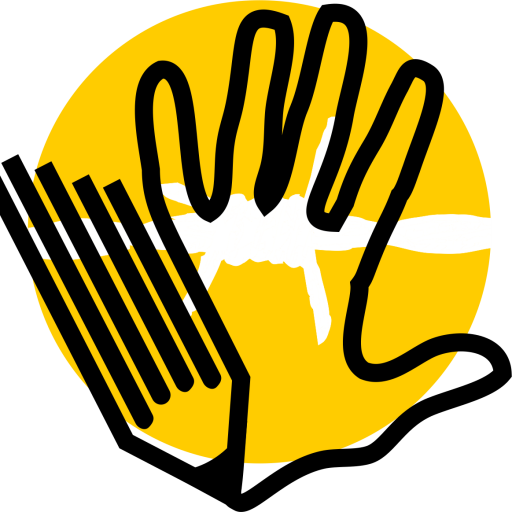ABOUT DE E+ PROGRAM
Erasmus+ is the EU Programme in the fields of education, training, youth and sport for the period 2014-20201. Education, training, youth and sport can make a major contribution to help tackle socio-economic changes, the key challenges that Europe will be facing until the end of the decade and to support the implementation of the European policy agenda for growth, jobs, equity and social inclusion.
Fighting rising levels of unemployment – particularly among young people – has become one of the most urgent tasks for European governments. Too many young people leave school prematurely running a high risk of being unemployed and socially marginalised. The same risk threatens many adults with low skills. Technologies are changing the way in which society operates, and there is a need to ensure the best use is made of them. EU businesses need to become more competitive through talent and innovation.
Europe needs more cohesive and inclusive societies which allow citizens to play an active role in democratic life. Education and youth work are key to promote common European values, foster social integration, enhance intercultural understanding and a sense of belonging to a community, and to prevent violent radicalisation. Erasmus+ is an effective instrument to promote the inclusion of people with disadvantaged backgrounds, Including newly arrived migrants.
Another challenge relates to the development of social capital among young people, the empowerment of young people and their ability to participate actively in society, in line with the provisions of the Lisbon Treaty to “encourage the participation of young people in democratic life in Europe”. This issue can also be targeted through non-formal learning activities, which aim at enhancing the skills and competences of young people as well as their active citizenship. Moreover, there is a need to provide youth organisations and youth workers with training and cooperation opportunities, to develop their professionalism and the European dimension of youth work.
Well-performing education and training systems and youth policies provide people with the skills required by the labour market and the economy, while allowing them to play an active role in society and achieve personal fulfilment. Reforms in education, training and youth can strengthen progress towards these goals, on the basis of a shared vision between policy makers and stakeholders, sound evidence and cooperation across different fields and levels.
The Erasmus+ Programme is designed to support Programme Countries’ efforts to efficiently use the potential of Europe’s talent and social assets in a lifelong learning perspective, linking support to formal, non-formal and informal learning throughout the education, training and youth fields. The Programme also enhances the opportunities for cooperation and mobility with Partner Countries, notably in the fields of higher education and youth.
In accordance with one of the new elements introduced in the Lisbon Treaty, Erasmus+ also supports activities aiming at developing the European dimension in sport, by promoting cooperation between bodies responsible for sports. The Programme promotes the creation and development of European networks, providing opportunities for cooperation among stakeholders and the exchange and transfer of knowledge and know-how in different areas relating to sport and physical activity. This reinforced cooperation will notably have positive effects in developing the potential of Europe’s human capital by helping reduce the social and economic costs of physical inactivity.
The Programme supports actions, cooperation and tools consistent with the objectives of the Europe 2020 Strategy and its flagship initiatives, such as Youth on the Move and the Agenda for new skills and jobs. The Programme also contributes to achieve the objectives of the Education and Training Strategic Framework for European cooperation in Education and Training and of the European Youth Strategy through the Open Methods of Coordination.
This investment in knowledge, skills and competences will benefit individuals, institutions, organisations and society as a whole by contributing to growth and ensuring equity, prosperity and social inclusion in Europe and beyond.
SPANISH NATIONAL AGENCY – SEPIE
The Spanish Service for the Internationalization of Education (SEPIE), under the Ministry of Science, Innovation and Universities, acts as the National Agency for the management, dissemination and promotion of the Erasmus + program of the European Union in the field of Education and Training (2014-2020), as well as other European initiatives and educational programs. Likewise, coordinates and participates in national and international projects and has also among its functions to contribute to greater international projection of the Spanish University System and its offer as well as inter-university mobility of students, teachers and researchers.
The SEPIE deals spread the call of programs, providing technical assistance and advice to potential beneficiaries of the actions and make appropriate follow-up actions planned to achieve their results.
For outreach work and monitoring the SEPIE has the support of a wide network of institutions: Ministries of Education of the Autonomous Communities, universities, public regional employment services, chambers of commerce, business and labor organizations and other institutions dealing formation activities.




